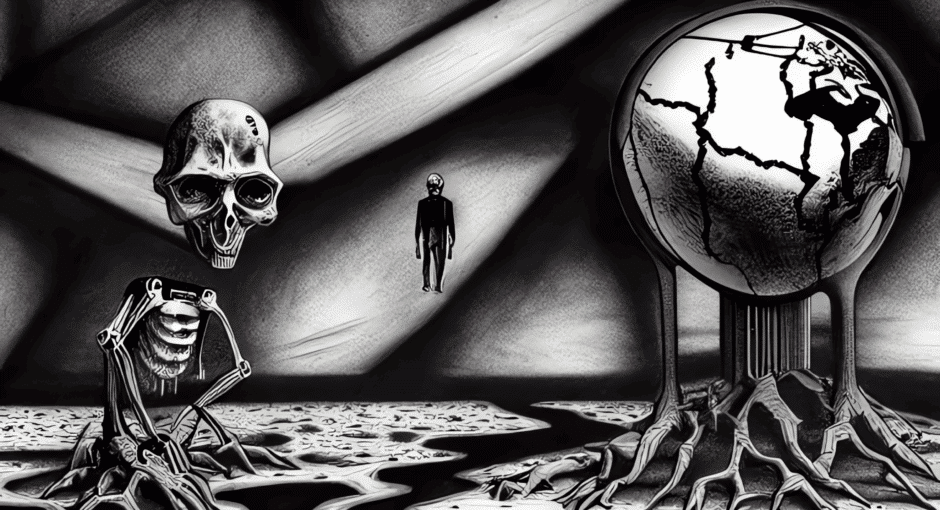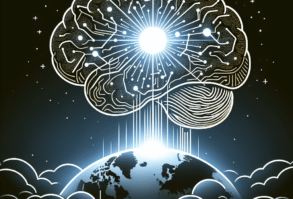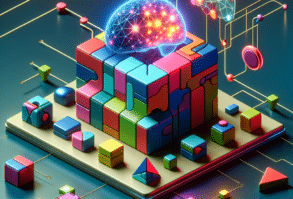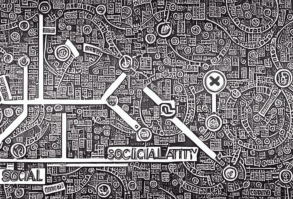The debate over the potential impact of Artificial Intelligence (AI) on human evolution has been raging for decades. From the ecstatic techno-utopians who believe AI will usher in a new age of human knowledge and prosperity to the skeptics who fear AI could lead to human extinction, opinions remain divided. But as AI progresses at an ever-accelerating rate, it’s becoming increasingly clear that the answer to the question of whether AI will help or hinder human evolution lies somewhere in the middle.
For starters, AI can be used to augment and enhance human knowledge and skills. By leveraging AI-driven automation and machine learning, humans can extend their capabilities and knowledge in a way that would otherwise be impossible. AI can also be used to increase the efficiency and accuracy of complex decision-making processes. This can help humans to make better decisions, while at the same time freeing them up to focus on more creative tasks.
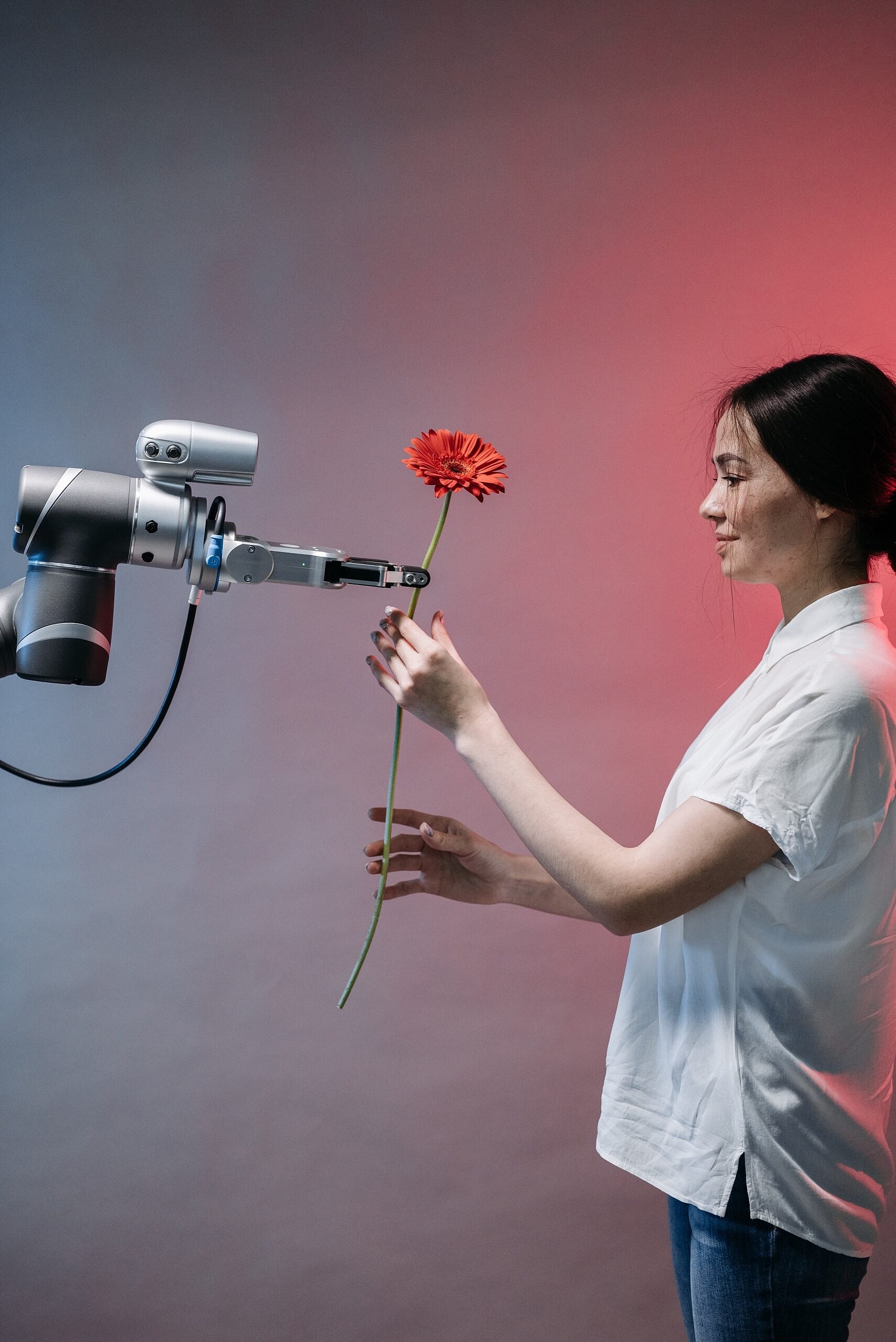
However, there are some potential drawbacks to the integration of AI into human life. One of the most common concerns is the potential for human extinction, as AI could potentially become too powerful and take over our lives. Additionally, some experts worry that AI could be used to create a military-style robot force that could lead to a complete loss of human autonomy and decision-making ability.
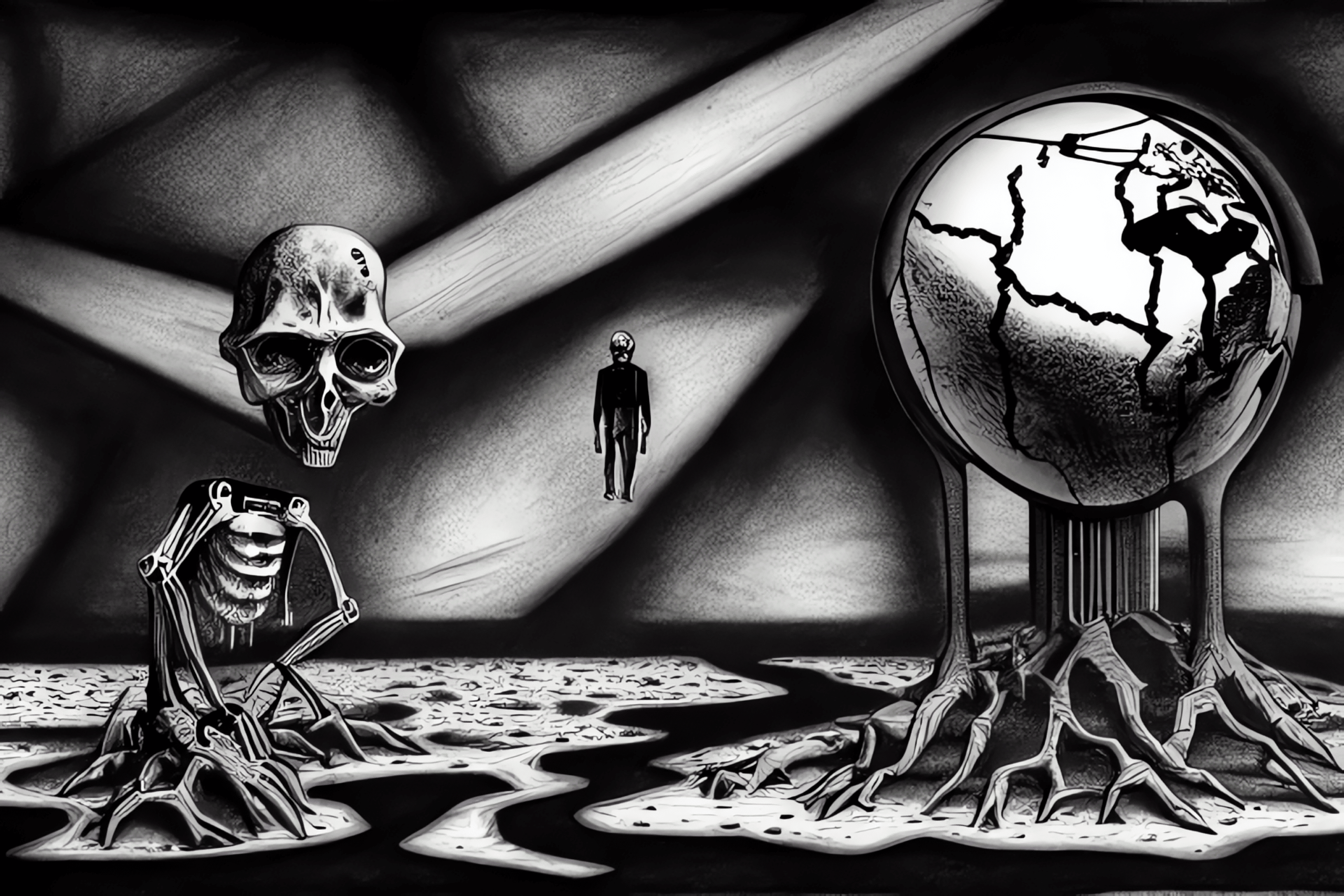
The first and most obvious advantage of AI is its potential to expand human knowledge. AI can process information far faster and more accurately than humans, allowing us to explore new areas of knowledge and gain new insights. By supplementing human knowledge with AI-generated insights, we can develop new and innovative solutions to existing problems. This could lead to a more efficient and effective use of resources and a greater understanding of the world around us.
However, the potential of AI to improve human evolution is not without risks. AI technology is still in its infancy, and it is not yet able to think or reason like a human. This means that AI-driven systems could be vulnerable to manipulation and exploitation. For example, AI-controlled systems could be manipulated to disrupt or damage entire industries or societies. This risk could be mitigated by incorporating safety protocols and checks into AI systems, but this can be difficult to do.
It is also important to consider the implications of AI on human evolution in terms of its effects on our behavior. AI technology has the potential to shift the balance of power away from humans and towards algorithms and machines. This could lead to a world in which humans are controlled by AI-driven systems, rather than humans controlling the systems. This could drastically change the way we interact with the world and each other, and the implications of such a shift could be profound.
Ultimately, the potential of AI to shape human evolution is an open question. While AI technology has the potential to revolutionize human knowledge and capabilities, it also carries with it the risk of human extinction. It is essential to explore these potential implications before fully embracing AI technology and its potential to shape human evolution for the better.

